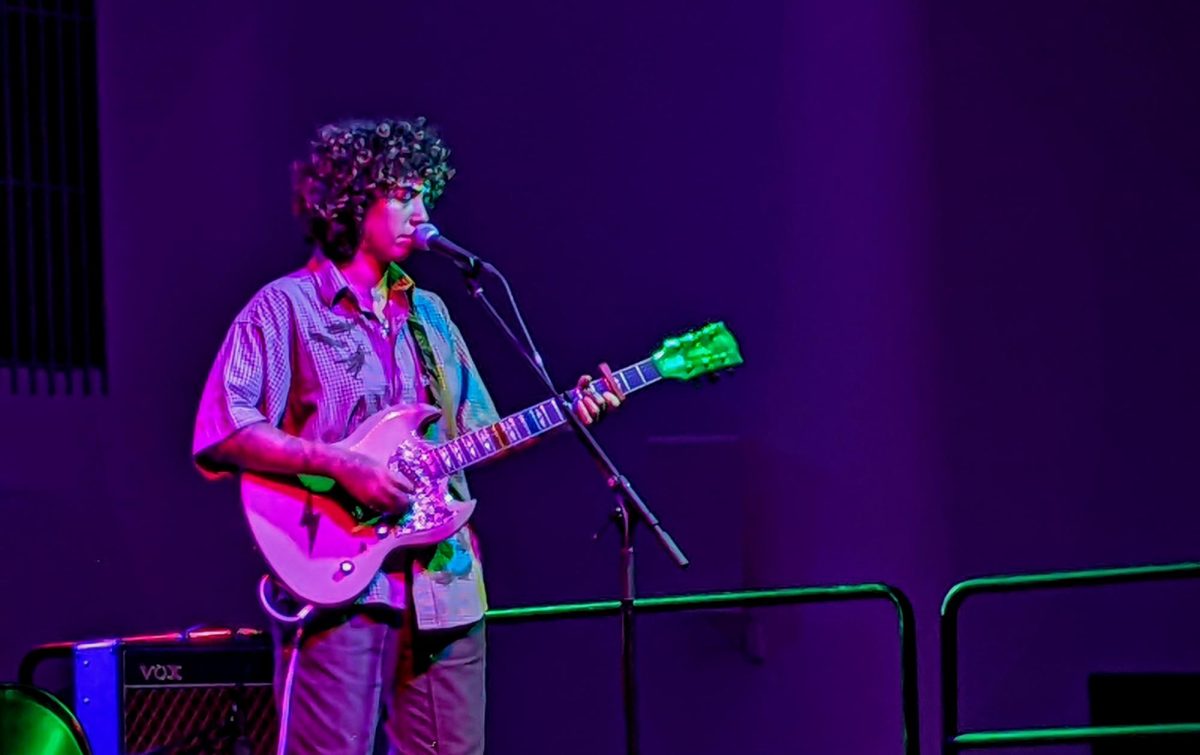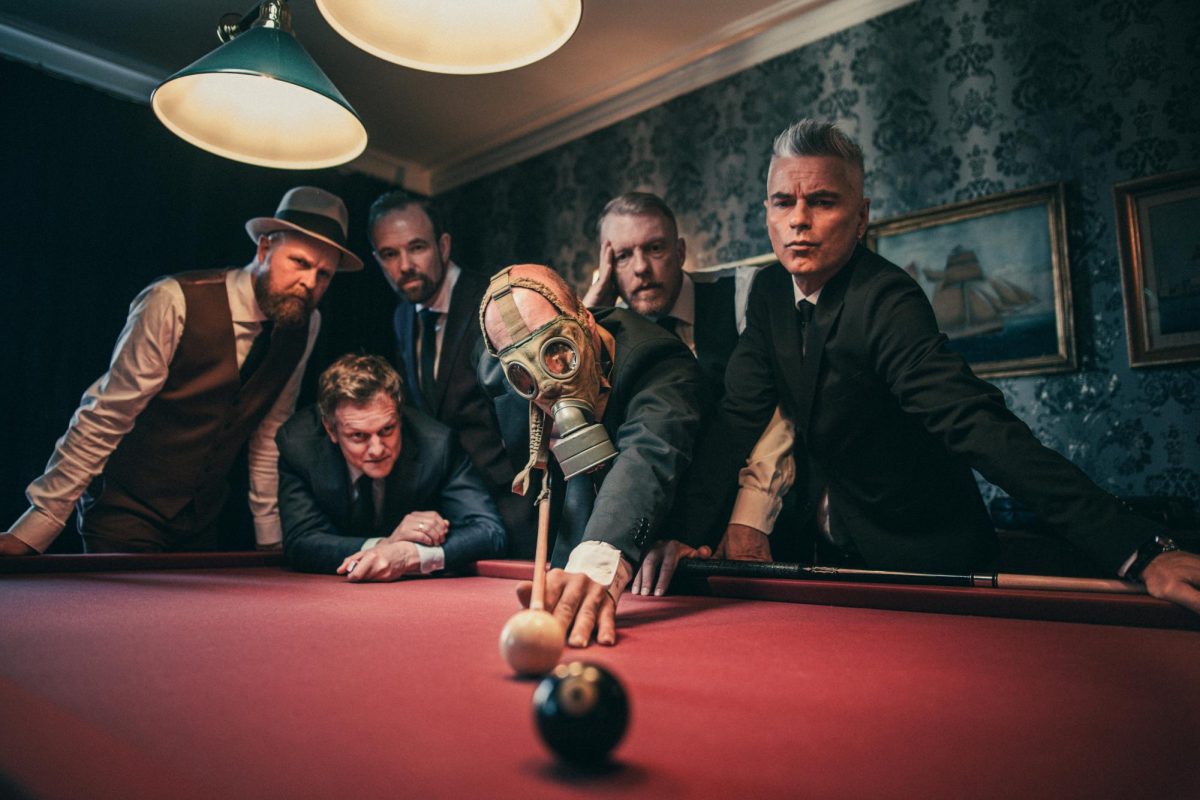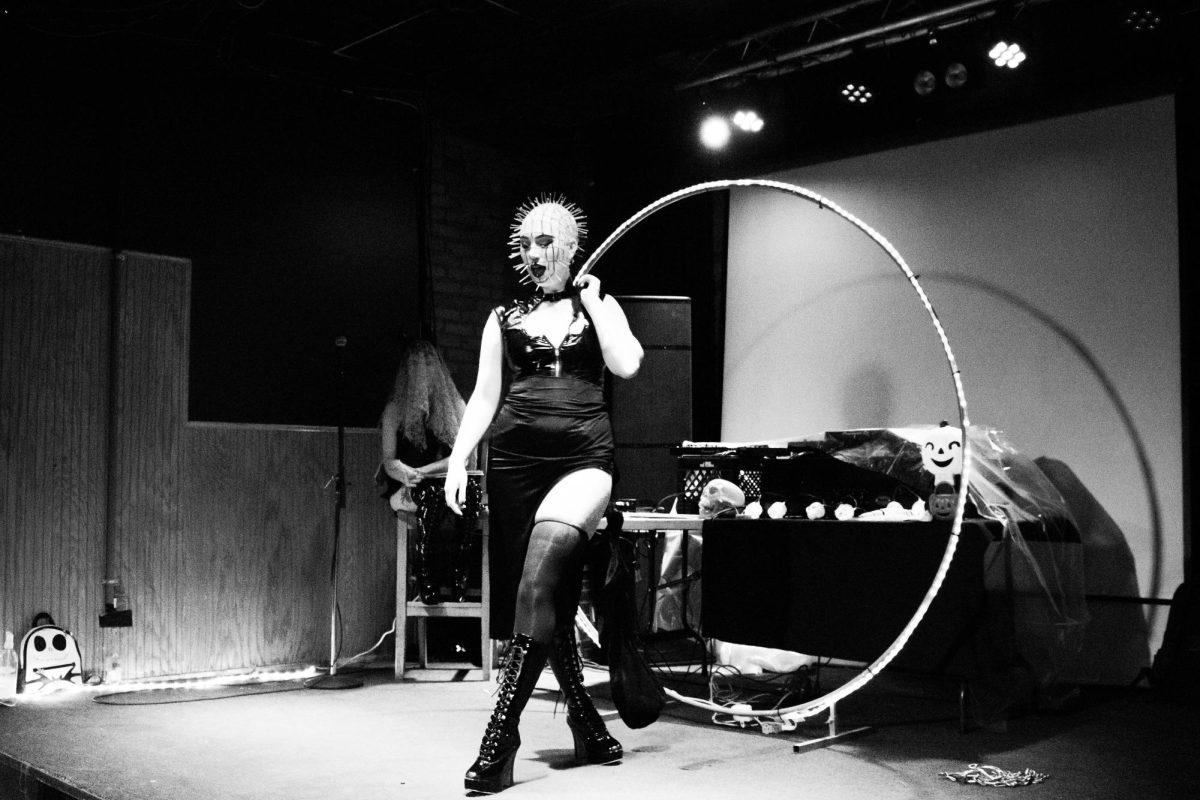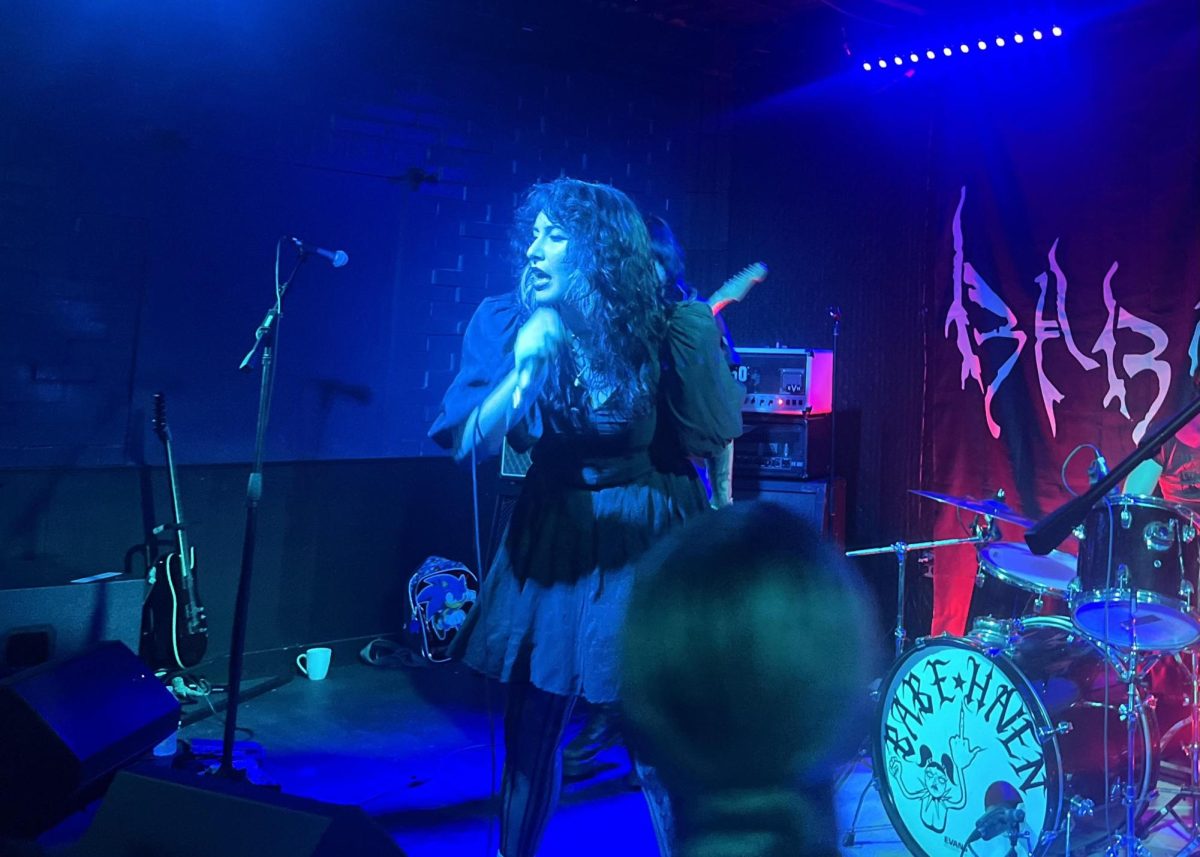Innovative pianist, technology entrepreneur and pioneer of jazz-funk fusion, Herbie Hancock surges musical invention. His last tour promoted his Future 2 Future album and featured electronic manipulation, visual effects projected onto a screen and surround sound. This live surround sound innovation, which Hancock dubbed “immersive mixing” requires two engineers at either end of the house. Sending instrumental sounds to a mixing console, between each other, and from the DJ to the surround mixer, creates multidimensional resonance.
Like a chameleon, Hancock adapts to the ever-changing demands from concert-goers. So, his current tour almost directly opposes his last stylistically, while remaining unique. Hancock described it as “a one-off tour” in a telephone interview. Instead of touring to publicize a new album, promoters sought Hancock to assemble an acoustic jazz quartet. The band will include Terri Lyne Carrington (drummer from his Future 2 Future tour), Scott Colley on upright bass and Gary Thomas on tenor saxophone and flute. Older pieces, including a new arrangement of the “Chameleon” from the original Headhunters release will offset new arrangements of songs from the Future 2 Future album.
Hancock started his career transcending musical conventions. After a decade playing in jazz ensembles including five years with the Miles Davis Quintet, Hancock forged the jazz-funk fusion movement in the early ’70s, beginning with his use of the synthesizer on Headhunters. Since then, he has used technology as a tool in creating his music, allowing its possibilities to stimulate him as a composer. Although he promotes the use of technology, he admits there is a downside.
While Hancock doesn’t agree with the free exchange of music over the Internet, he believes the music industry is at fault for failing to jump on the new technology. “The record industry is trying to protect the old model,” Hancock explained. “I wouldn’t trust them to have done it right,” he mentioned regarding the industry’s option to create its own Napster. Throughout his career, Hancock has squabbled with recording industry executives about the high price of CDs and artist exploitation. “Creativity is being stifled by greed,” he groaned. But his persistence never changed anything. So, in response to the music industry’s avaricious corruption, Hancock introduced his own label, Transparent Music, in 2000. “We want the label to function in a transparent way,” he explained. Instead of signing thousands of artists with the probability of success from only one or two, Hancock promotes and develops every artist. “We won’t sign anybody unless we see potential.” Additionally, the record label strives to create music for different media that will enhance each other, instead of directly competing.
Conceivably, the direction of Hancock’s career can be attributed to his spiritual discipline. For 30 years, Hancock has been practicing Nichiren Buddhism, which focuses on chanting “Nam-myoho-renge-kyo” which translates as “I devote myself to the mystic law of cause and effect through sound.” According to Hancock, it allows people to “move toward a more synchronized relationship with the world. One becomes more sensitive toward the lessons available. Life becomes clearer, connections become more apparent.” Although his practice has impacted his entire life, his initial interest in Buddhism was “to make my music better, to have more good days.” In the early ’70s, Hancock played with bassist Buster Williams who began chanting due to his sister’s influence. “One day,” Hancock recalls, “we were in Seattle at a time when the band should have been at its worst, but (Buster) started something awesome on stage … he played by some force. People were crying. We didn’t just hear this music, people would say, we experienced it.” This was Hancock’s firsthand experience of Buddhism’s potential, and his mind has since been open to create, free of the mental clutter he formerly found himself struggling against.
Without this spiritual grounding, Hancock predicts a life focused on becoming a virtuoso piano player. Having once defined himself as a musician, he now realizes, “it’s a box you put yourself in. We’re only musicians when we play music or talk about music. I approach music from the standpoint of being a human being.” Ultimately, Hancock hopes to leave invaluable impressions on people through his music.







